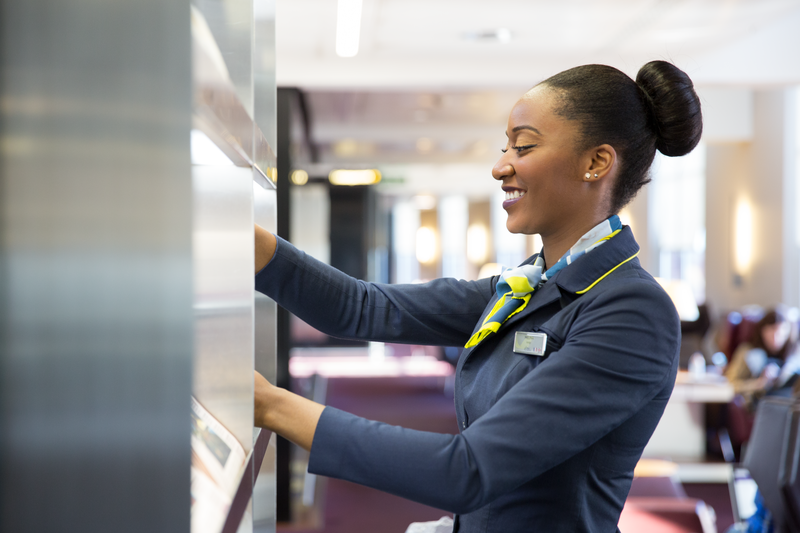
Eurostar reaffirmed its commitment to encourage more young female students to get a job in the rail industry at an event hosted by career platform Workfinder in London, UK yesterday.
In honour of Ada Lovelace Day on 8 October, Workfinder’s event saw a diverse line-up of senior female professionals inspiring 200 young female students to choose jobs in science and engineering, while 16 corporate companies including Eurostar offered work experience to them.
Highlighting the main challenge facing the rail sector, director of corporate communications of Eurostar, Mary Walsh said that young students are not aware of the various opportunities available in the industry.
Walsh said: “It is critical that we demonstrate the breadth of career opportunities that are available within the rail industry. In addition to an engineering career, there are also many opportunities in the customer service and the digital arena which can provide the springboard for a very rewarding career.
“Increasingly, customers are looking for an experience when they travel and that broadens the scope of skills are careers that are required in our industry,” she added.
Touching on the challenges in terms of diversity and recruitment, Walsh said that Eurostar struggles to find enough diverse talent in the operational and engineering areas of the business as “women are less well represented.”

US Tariffs are shifting - will you react or anticipate?
Don’t let policy changes catch you off guard. Stay proactive with real-time data and expert analysis.
By GlobalDataWalsh said that a lack of role models also discourages young girls from choosing a career in rail. To tackle this issue and attract more women to the industry, Eurostar has implemented a slew of initiatives.
“We have many very talented women in a wide range of roles who also provide excellent role models for women in our organisation and we are committed to showcasing their contribution and achievements both internally and externally,” Walsh said.
Eurostar forged partnerships with external bodies such as ‘Women in Rail’, and Walsh said this collaboration ensured “extensive opportunities for mentoring and career advice which reinforce the mentoring and development programmes within Eurostar.”
The rail company also launched an apprenticeship scheme and conducts regular mentoring sessions in schools and colleges aimed to encourage girls to pursue a career in rail engineering.
“This enables us to reach young women as they are considering their career options and demonstrate the considerable attractions of a career in rail,” she added.
Given that Women in Rail’s study on gender diversity in the UK rail industry showed that only over 16% of roles are filled by women, Eurostar is “committed to creating and developing an inclusive and diverse culture and have strong female representation across our business,” Walsh affirmed.
Along with the rail industry, the event saw representatives from various sectors come together to inspire the next generation of female talent in sectors surrounding science, technology, engineering and maths (STEM) subjects.
In a series of TED-style talks, the event witnessed notable speaks such as RBS CEO Alison Rose, DeepMind COO Lila Ibrahim, Snap VP Claire Valoti among others who stressed the importance of encouraging more female talent in male-dominated sectors.
CEO of commercial and private banking, RBS, Alison Rose said: “If we are to help the next generation of women into the leadership roles of the future, we must continue to support and equip them to overcome the barriers they currently face.”
According to DeepMind COO Lila Ibrahim, while technology will continually dominate most sectors, companies must increasingly boost their diversity.
She said: “Inspiring the next generation of scientists to consider careers in STEM is critical if we are to ensure that the new technologies we build are truly representative of who we’re building them for.”



